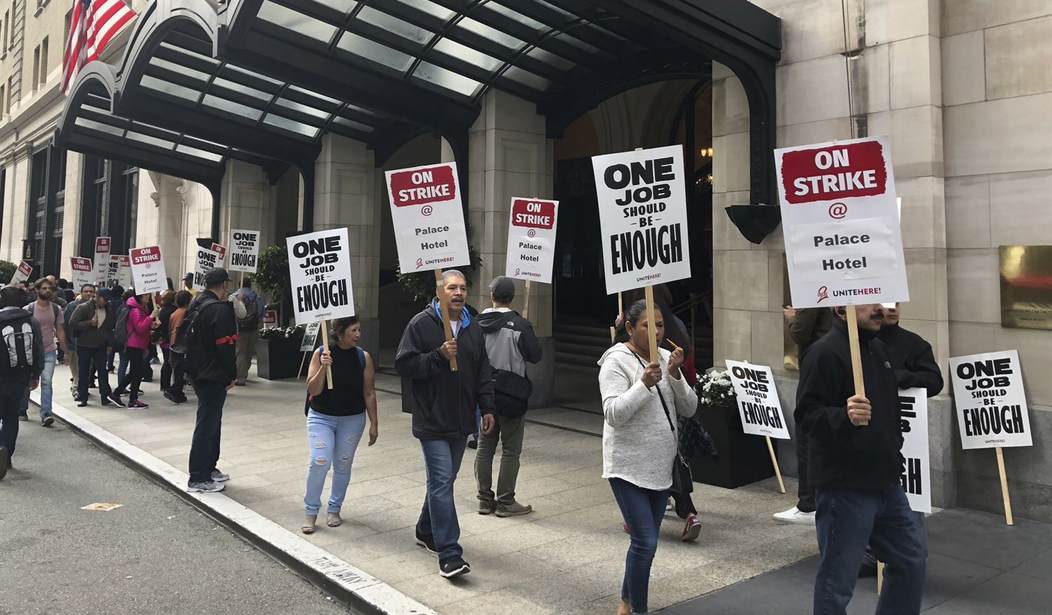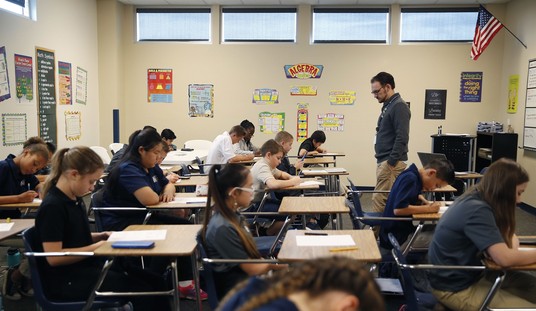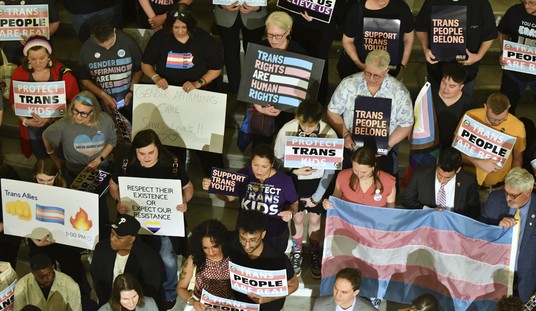According to the Cornell University School of Industrial and Labor Relations, there have been 40 labor strikes in October alone. Among the largest strikes have been 10,000 John Deere workers walking out in four states and workers at four Kellog’s plants striking.
The workers striking did not have the luxury of working remotely during the pandemic. Some are protesting for better working conditions — respect, dignity, and a safer working environment. Others want more flexibility in the workplace. But the strikes reflect a change in the basic calculus of worker supply and demand. And there are a lot more positions that management is trying to fill than workers wanting to fill them.
“I think it’s a combination of things, but certainly influenced by the pandemic and the kind of economic situation coming out of that,” Alex Colvin, the dean of the Cornell ILR School and a professor of conflict resolution, labor relations and law, told ABC News.
“People feel like they contributed a lot during the depths of the pandemic and now they’re looking for some of the returns when the economy’s doing better and companies are doing better — profits are up, stock prices are up,” he added. “We’re seeing similar effects going on with quit rates going up, people more willing to leave their jobs now and look for something better.”
Much has been written about workers refusing to return to work despite millions of job openings going unfilled. In many cases, child care is the issue as schools have proven to be more unreliable in staying open during the pandemic. Some are still convinced it’s unsafe to go back to work.
But millions of workers lost their jobs when their companies closed their doors and never reopened. They are willing to work, in most cases, but realize they have the leverage and the luxury to wait for the best offer.
“The pandemic has made clear what’s important and what’s not, and workers are looking at work in a new way, and demanding more of a return on their labor, and demanding things like basic respect, dignity and safety on the job,” Schlittner told ABC News. “The pandemic has put on display for everyone to see how important workers are to this country, and you can’t call workers essential for 18 months and then treat them like crap when they all come back on the job.”
The Communist Party USA is unambiguous in its support of labor actions. Their one-word headline at the party webpage: “Strike!”
The class struggle is sharpening. Workers all across the country are striking and engaging in other job actions, large and small. Fed up with company attempts to impose two-tier wages, long hours, and inadequate pay, despite rising productivity and skyrocketing corporate profits, unions in several industries have had it. Now they’re marching on the picket lines. As late as last weekend, over 100,000 workers had voted to authorize strikes, and over 169 have occurred so far this year, the largest uptick since the wave of job actions in 2018–19. The AFL-CIO has aptly labeled this month #striketober.
If the Communists would stop for a minute and think, they’d see that capitalism — God bless it — was working for the workers too. Supply and demand of labor are raising wages faster than any government edict could ever hope to do.
Not that they’d ever learn anything that wasn’t dictated by Marx and Engles.










Join the conversation as a VIP Member